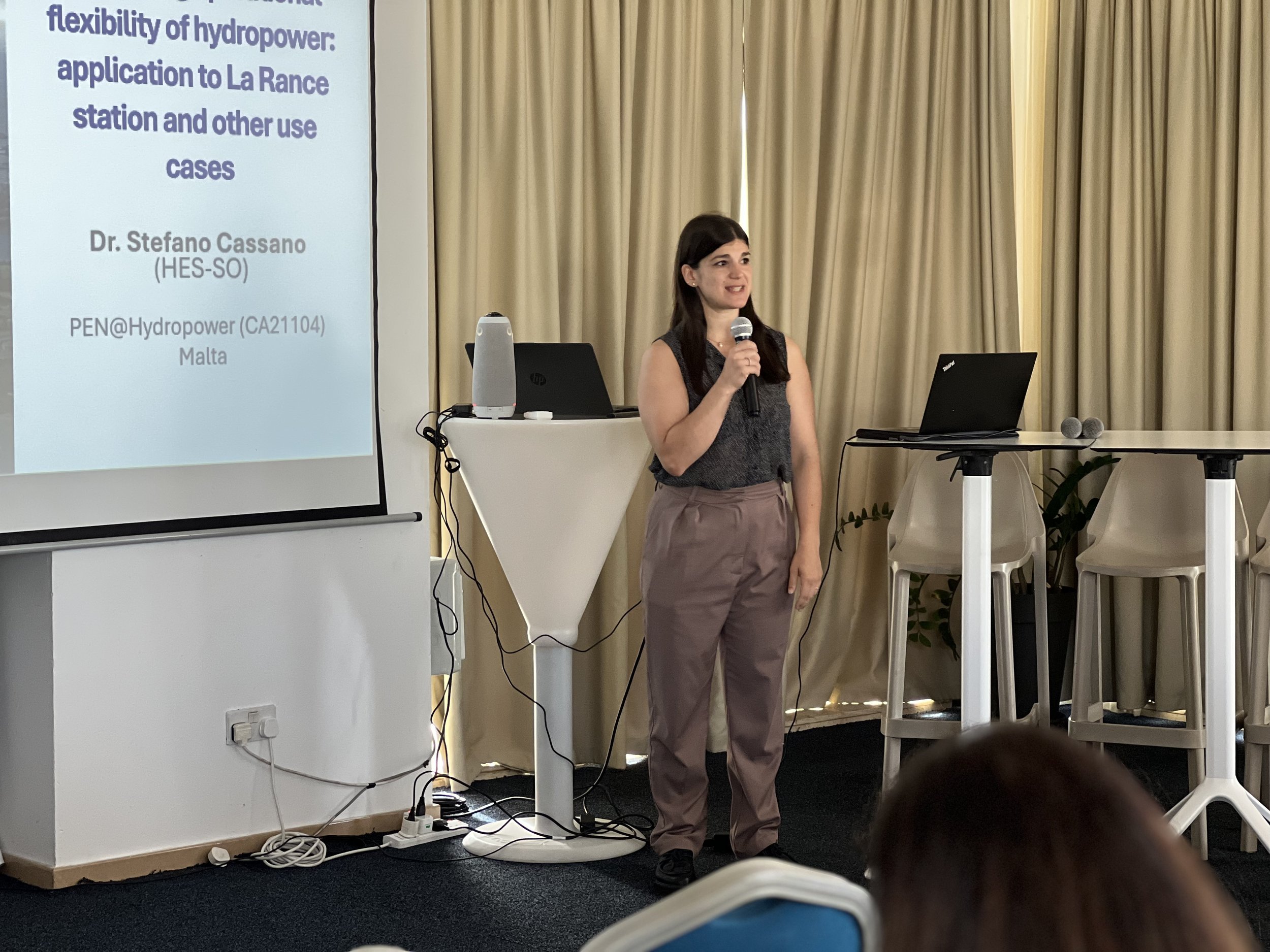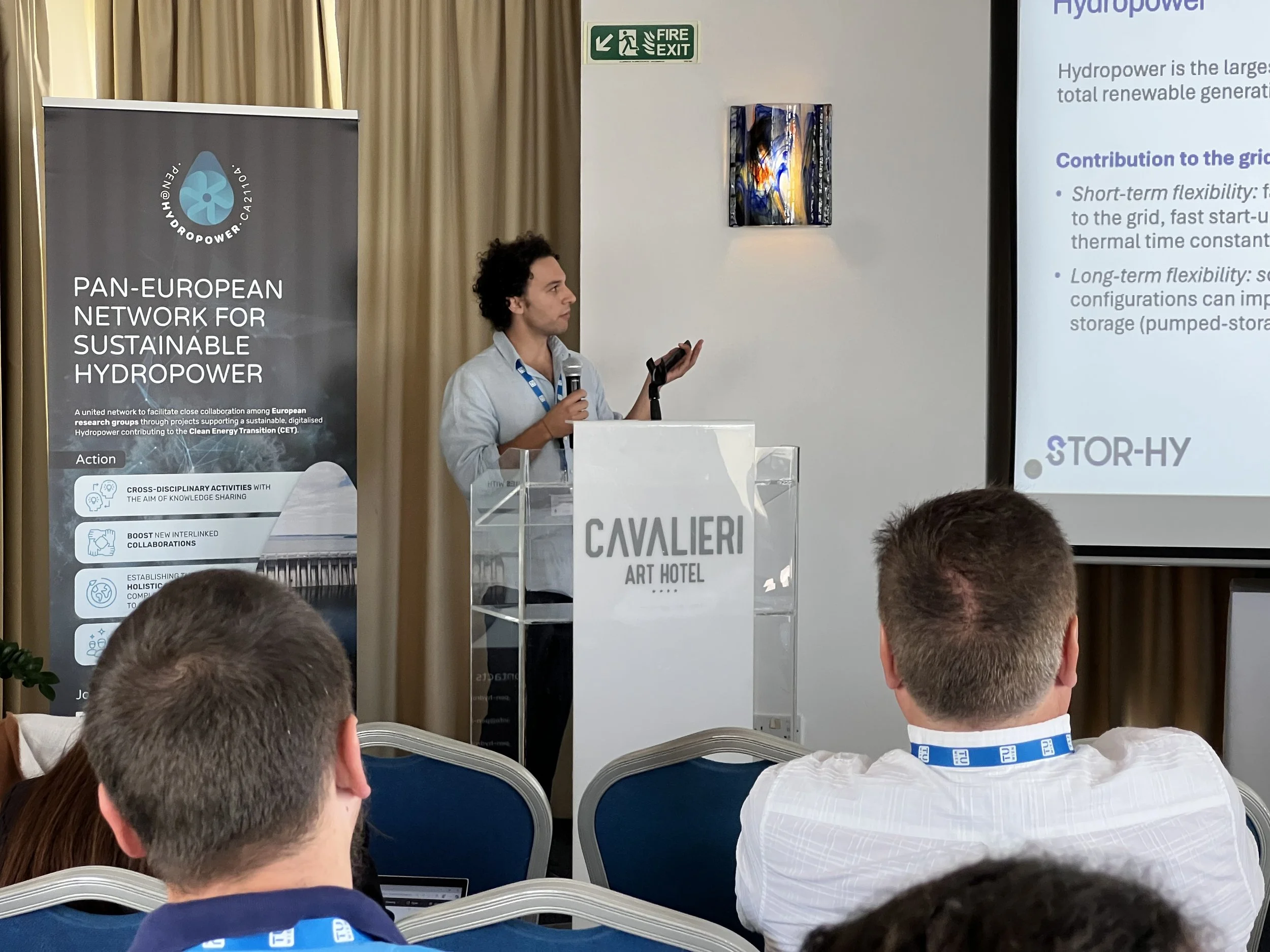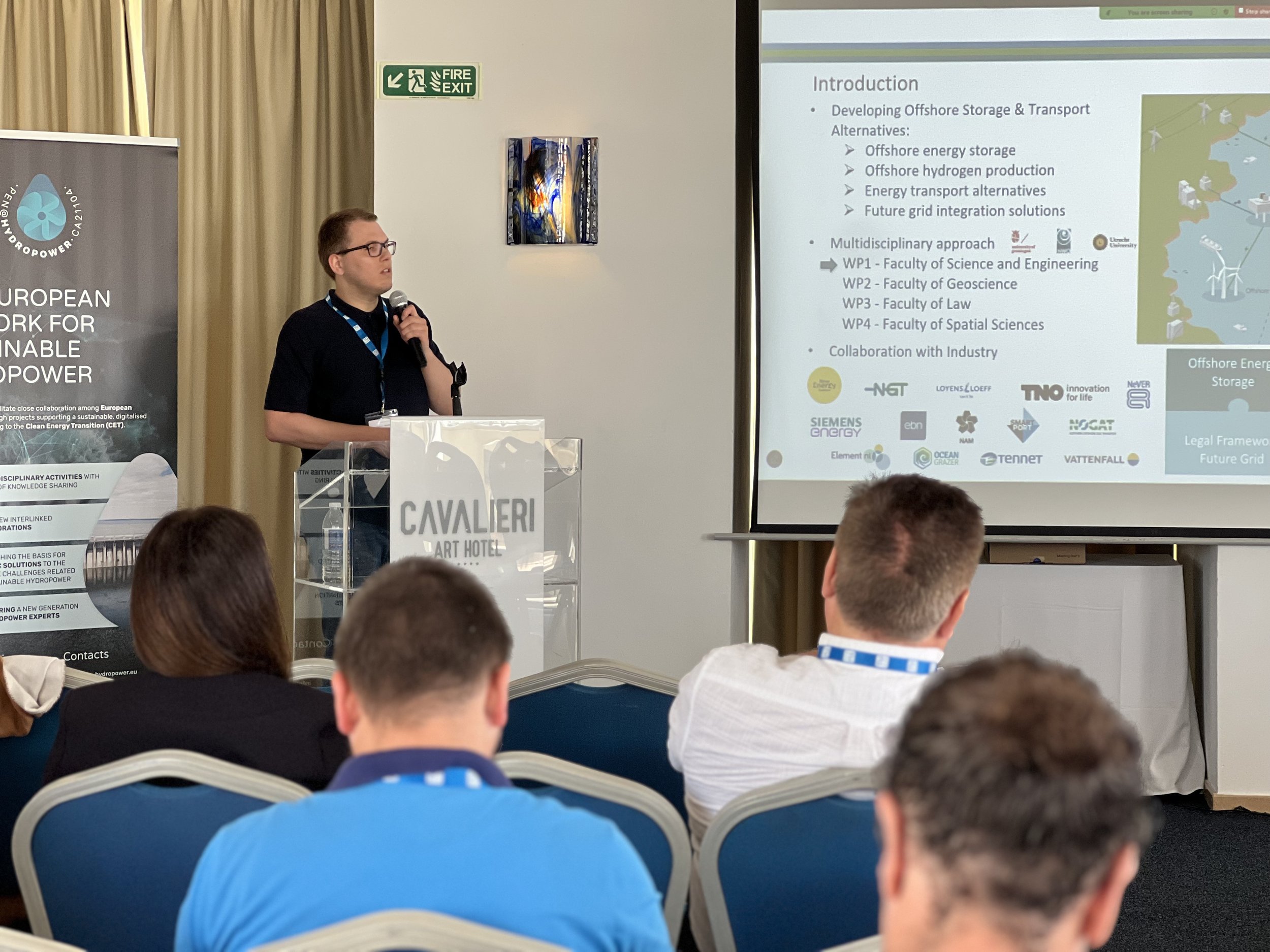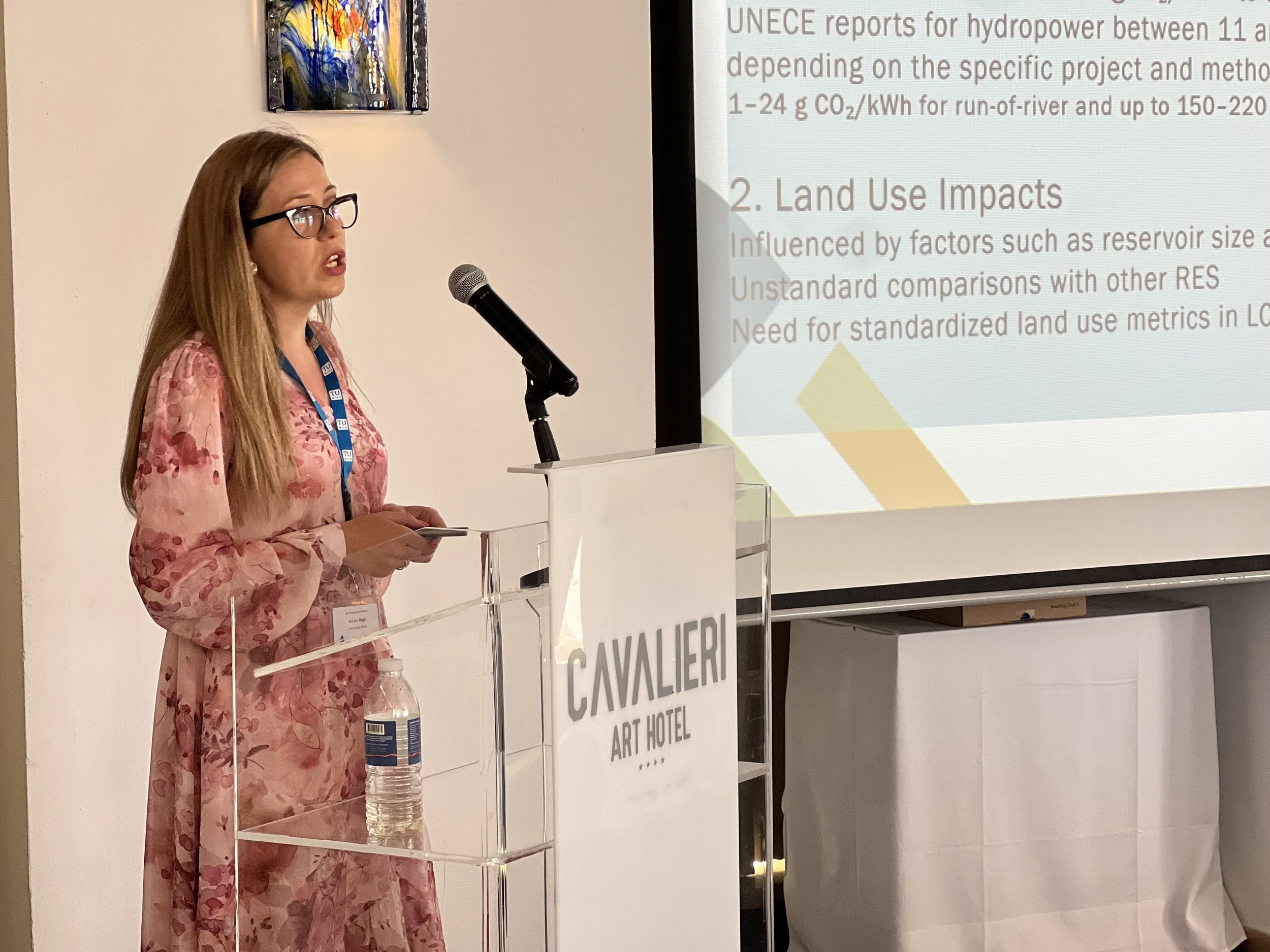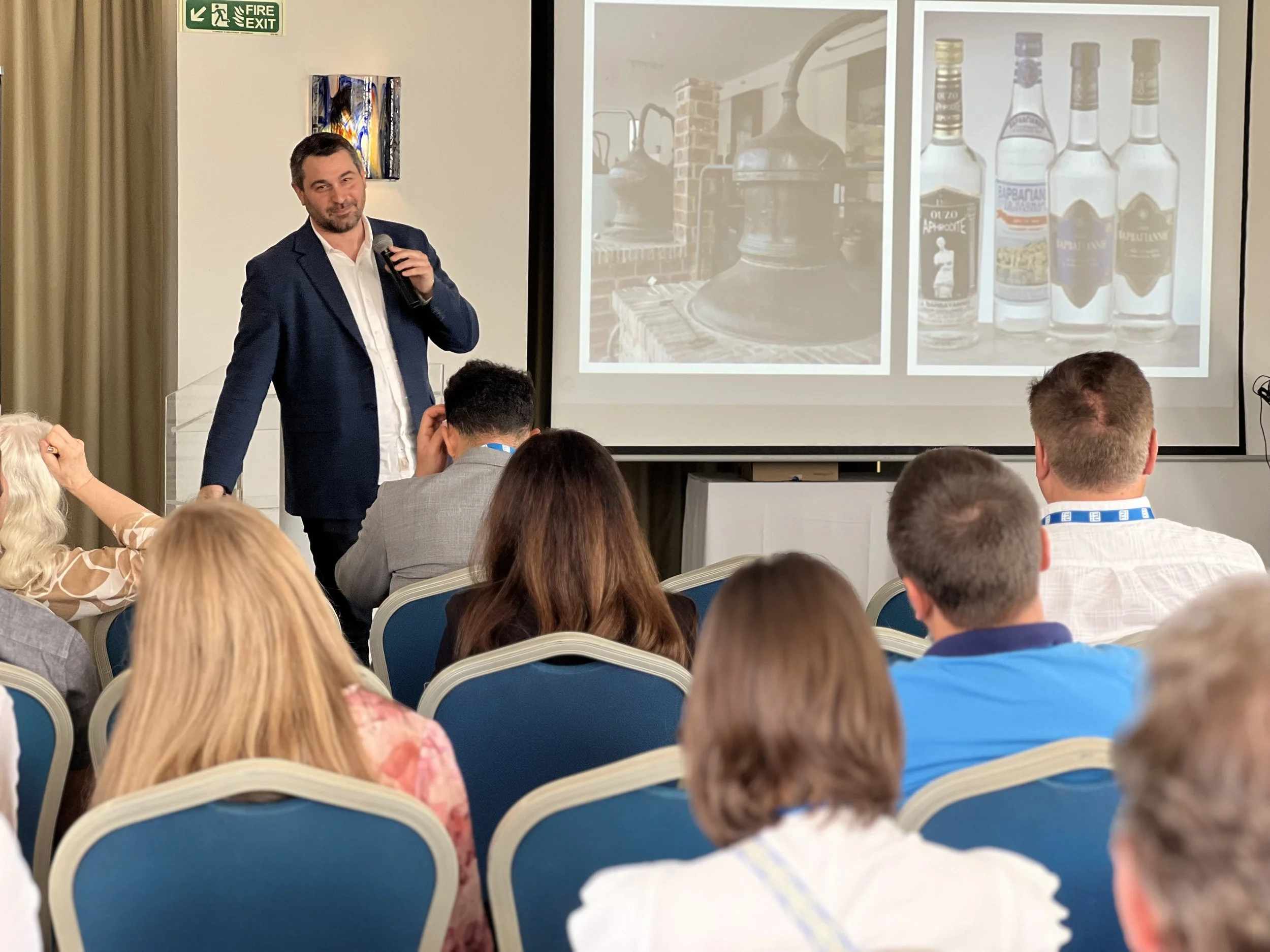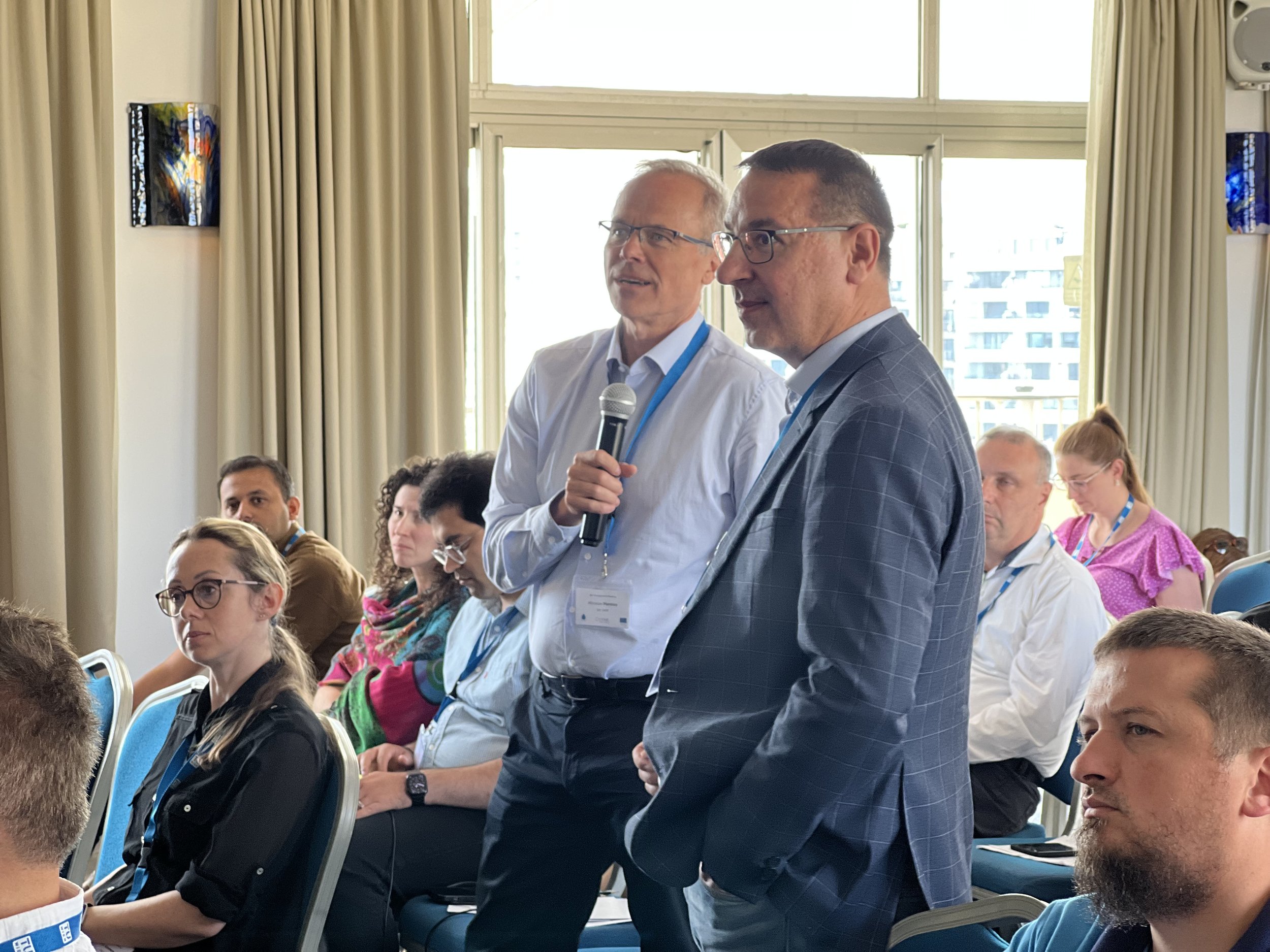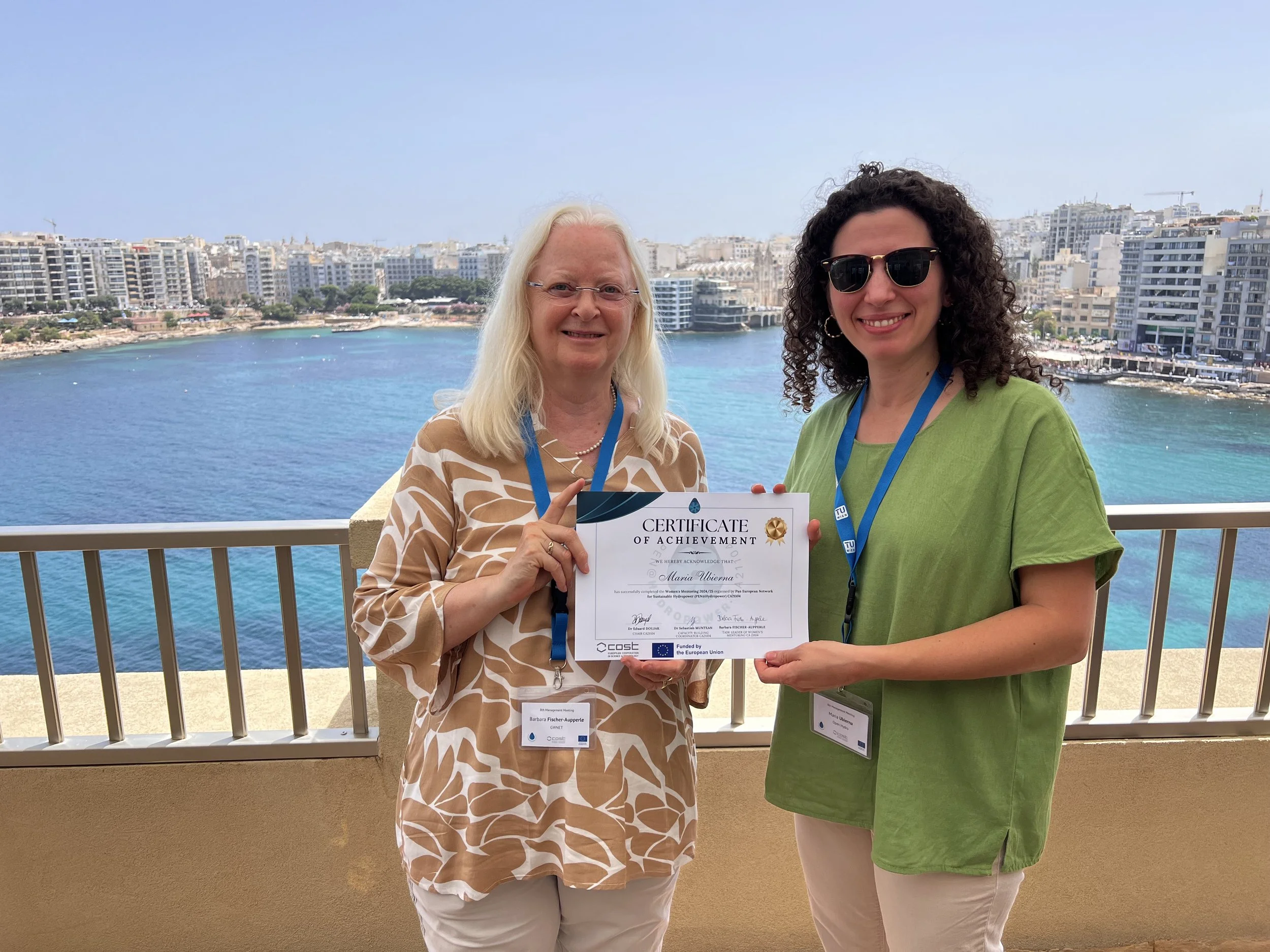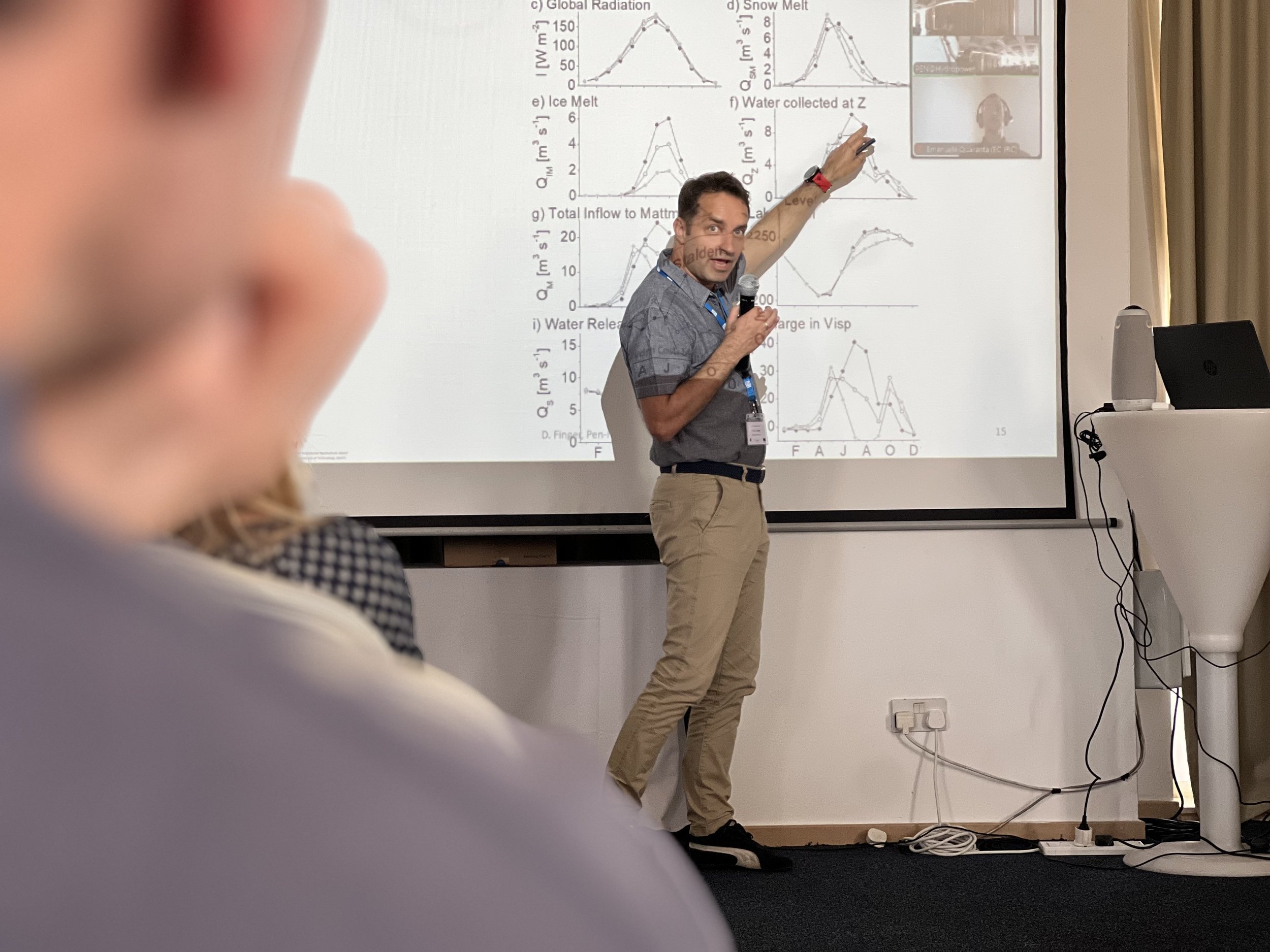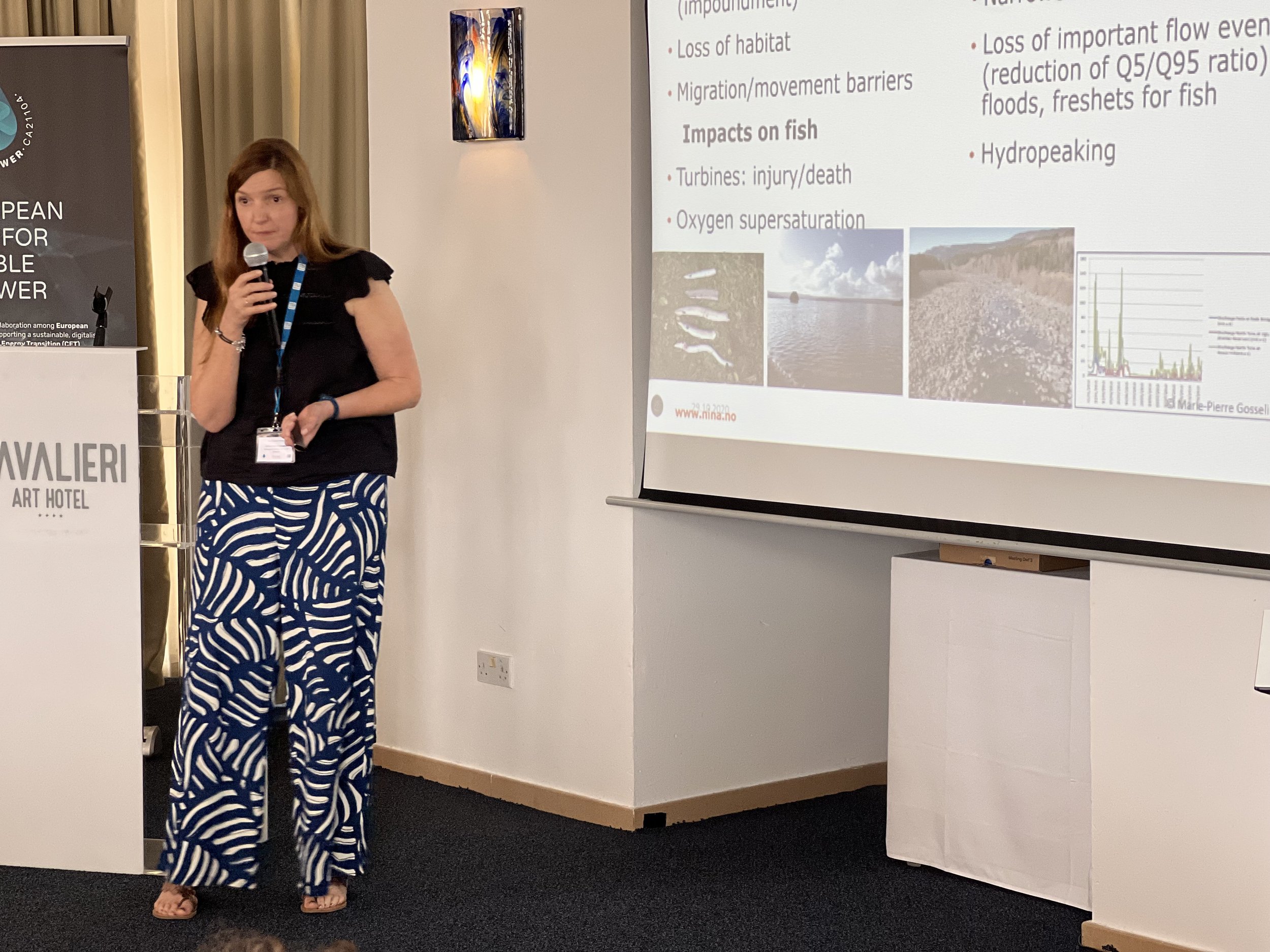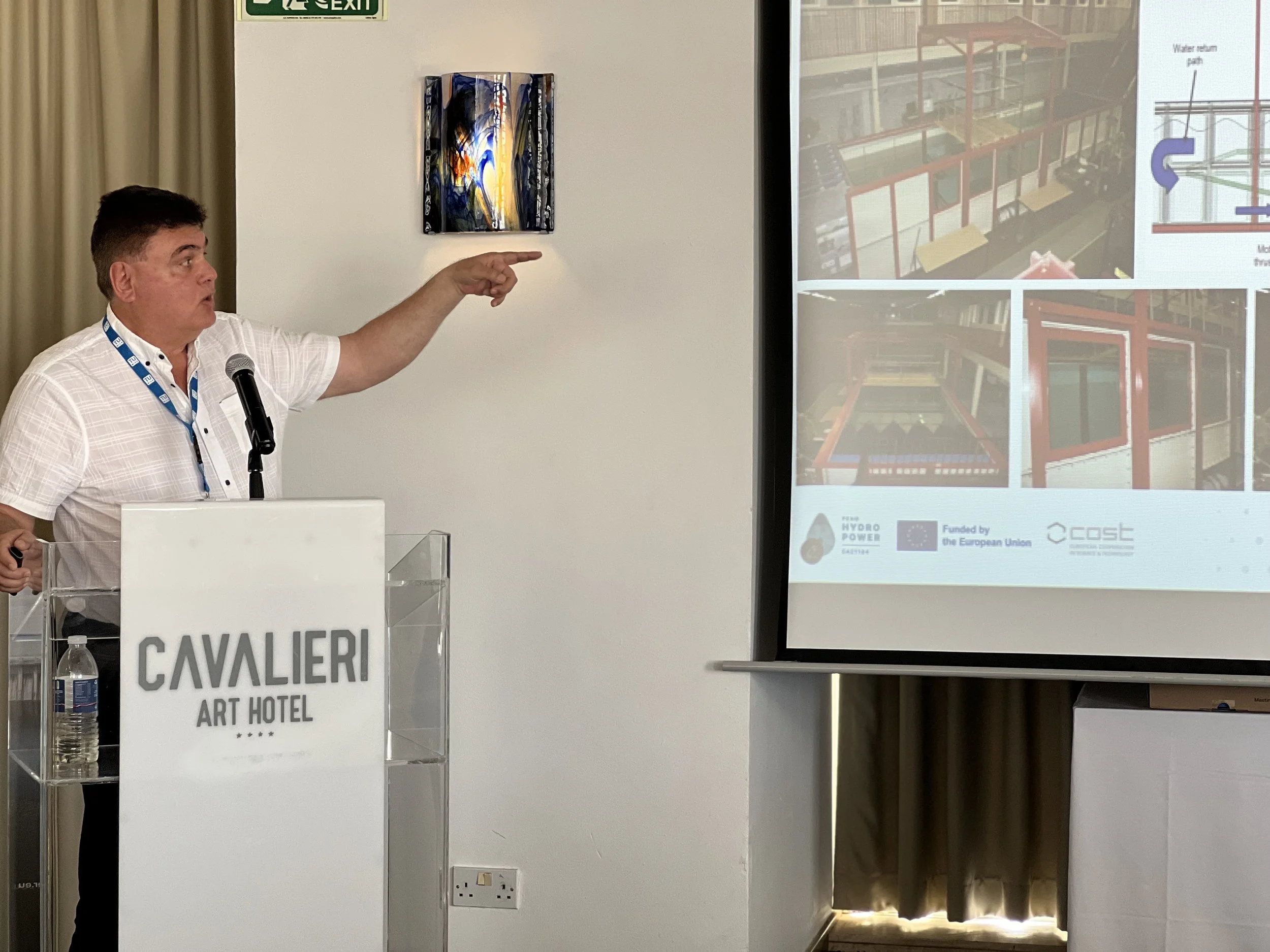Hydropower and the Future of Energy: Day 2 Highlights
The second day of our international hydropower workshop series built on the momentum of Day 1 with a rich program of research presentations, interactive discussions, and thought-provoking reflections on the evolving role of hydropower in a changing energy landscape.
Exploring Flexibility Through Innovation
The day began with a Research Focus Session (WG1) on Unconventional Hydropower and its Role in Grid Flexibility. Presenters Stefano Cassano, Robbert Nienhuis, and Sudesh Dahal introduced pioneering research into non-traditional hydropower solutions that support a more adaptable and reliable energy grid. Their work demonstrated how technological innovation is enabling hydropower to meet modern demands for energy flexibility and stability.
Future Horizons in Renewable Integration
The Round Table on Future Horizons in Hydropower (WG4) brought together experts Milena Rajic, George Aggidis, Stergios Vakalis, and guest contributor David Finger to discuss how hydropower can serve as a core component in hybrid renewable systems. By integrating with marine and geothermal energy sources, hydropower can offer flexible, efficient, and sustainable energy solutions. The conversation also explored lifecycle considerations, technological integration, and regional case studies that are shaping the path forward.
Addressing Climate Challenges Head-On
In the Round Table on Hydropower and Climate Change (WG3), speakers David Finger, Manu Seth, Marie-Pierre Gosslin, Emanuele Quaranta, and Eva Kremere examined the critical ways climate change is impacting the hydropower sector. From extreme weather patterns to shifting hydrological regimes, the round table highlighted the urgent need for adaptation strategies that will allow hydropower systems to remain operational and effective in the face of environmental uncertainty.
Rethinking Education for a Green Transition
The day concluded with an insightful session on Education: Knowledge and Skills for Future Hydropower. With contributions from industry representative Roberto Renato Stopar, master’s student Daniel Patauner, and professor George Caralis, the panel explored the tension between evolving university curricula and the practical needs of the energy sector. As courses in turbine design and technical specializations become less common, the session raised vital questions about how academic institutions can better align their programs with Europe’s green transition goals.
Day 2 showcased the diversity of expertise, perspectives, and forward-thinking ideas that are driving the hydropower sector forward.

